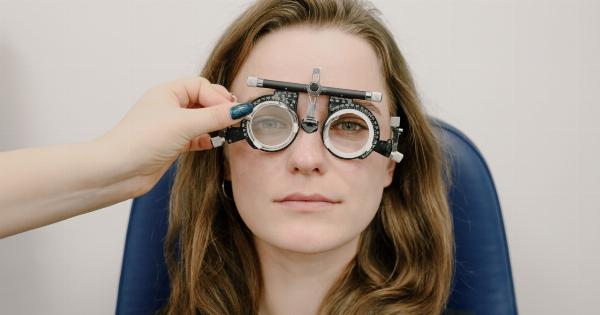Healthcare professionals are known for providing their medical opinions and detailed diagnoses to those who seek their help.
When you are facing an illness, injury, or an unknown medical issue, getting a proper diagnosis is the first step towards treatment and recovery. Most patients rely on their primary healthcare provider’s medical opinion and treatment plan, but sometimes a second medical opinion may be necessary.
What is a second medical opinion?
A second medical opinion refers to taking the advice of another medical expert or healthcare provider about a patient’s diagnosis, treatment, or surgery.
Usually, a second opinion is taken when a patient is not satisfied with the medical diagnosis, or they want to confirm their primary healthcare provider’s diagnosis or treatment plan. It has become a common practice in healthcare contracts to obtain a second opinion from a different doctor or a specialized healthcare provider.
Why is a second medical opinion important?
Although primary healthcare providers are highly trained and experienced, sometimes they may overlook important aspects of a patient’s condition.
Therefore, getting a second medical opinion can be an excellent way to ensure that the diagnosis and treatment plan are accurate and appropriate. A second opinion can also help patients avoid unnecessary surgeries, procedures, and medications that can cause additional health problems.
Moreover, certain conditions may require specialized care that a primary care physician may not be able to provide. For instance, cancer, heart diseases, orthopedic injuries, and mental health problems require highly specialized care.
In such cases, a second opinion from a healthcare provider who has extensive knowledge and expertise in that particular field can significantly impact the patient’s diagnosis and treatment plan.
Who should consider getting a second opinion?
There are several reasons why a patient may want to consider getting a second opinion from another healthcare professional. Some common scenarios include:.
- If the initial diagnosis is unclear or confusing
- If the patient is not responding to the treatment plan
- If the patient is diagnosed with a severe health condition
- If the patient is unsure about the recommended treatment option, such as surgery
- If the patient is not confident about the diagnosis or the treatment plan provided by their primary healthcare provider
A second medical opinion can also be valuable in cases where a patient is facing a life-altering medical condition, where the chances of recovery largely depend on the treatment plan.
Seeking a second medical opinion can help patients and their family members make informed decisions about the course of treatment.
How to get a second medical opinion?
Getting a second medical opinion does not imply disrespect for your primary healthcare provider. Patients can approach their healthcare providers and express their desire for a second opinion during their next appointment.
Doctors understand that obtaining a second medical opinion is a patient’s right and they encourage it if the patient feels uncertain about their diagnosis or treatment plan. In fact, many doctors work with other healthcare providers and can recommend a specialist or another provider who can provide a second opinion.
If your healthcare provider refuses to give a referral for a second opinion, you can approach your healthcare insurance company.
Healthcare contracts often cover the cost of a second opinion, or part of it, so it is necessary to go through your healthcare insurance company to determine the coverage of your desired medical tests or second medical opinion.
The bottom line
Getting a second medical opinion is considered an essential step in healthcare contracts. A second opinion can provide patients with valuable insight into their health condition and help them make informed decisions about their treatment plan.
It is essential to remember that seeking a second opinion is not an insult to the healthcare professional’s abilities. On the contrary, it is a sign of seeking the best possible care and treatment options.

























